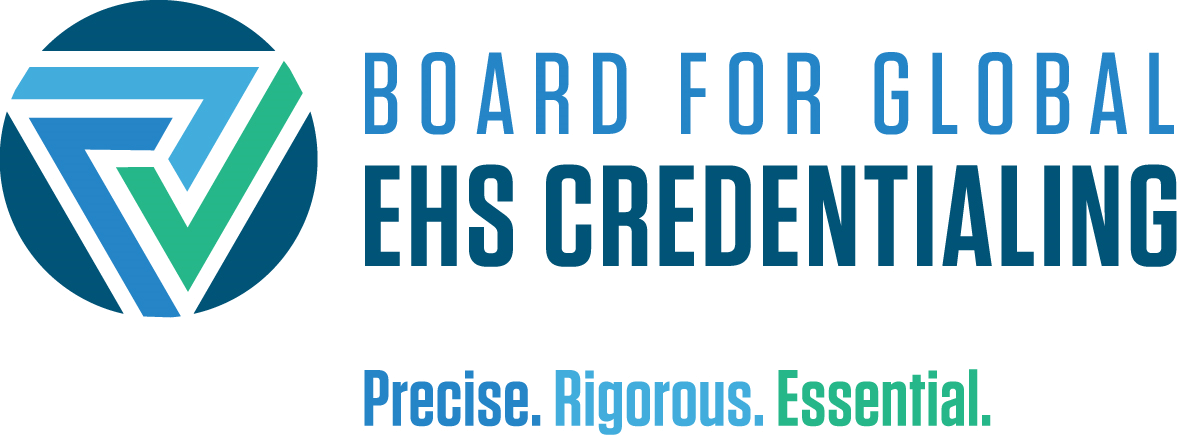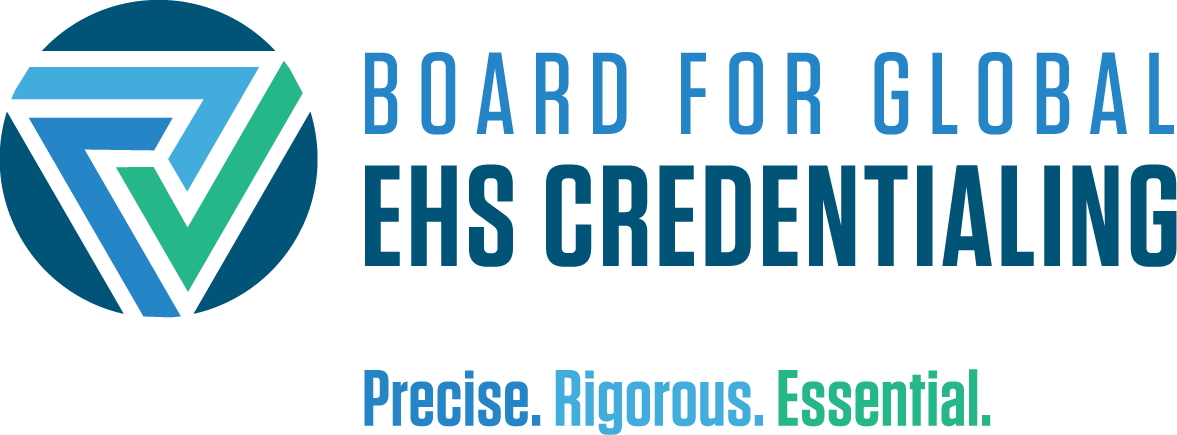Requirements to Be Eligible for the CPPS
Academic Requirements
You must have a bachelor’s degree from a regionally accredited college or university or from another college that is acceptable to the Board.
Experience Requirements
To be eligible for the examination, you must (a) have 48 months (four years) of experience where at least 50% is in the professional practice of product stewardship and (b) currently be engaged in active practice at the time of application. If your product stewardship career has been interrupted for one year or less (because of unemployment, medical leave, or so on), we will consider you to be “in practice” for up to one year following your last position for the purpose of determining examination eligibility. Any time outside of employment, however, cannot be counted toward experience credit.
Professional-Level Experience
To be recognized as “professional-level” work acceptable to the Board, your experience must meet the following four criteria:
- Independence of actions. This relates to the amount of planning, self-direction, decision-making, and autonomy involved in your work experience.
- Depth of work. This relates to the extent to which your work experience requires data-gathering, analysis, and interpretation.
- Level of interaction. This relates to the degree to which you interact with a broad spectrum of contacts, including decision-makers.
- Responsibility for work outcome. This relates to accuracy and the extent to which you are held accountable for your work and decisions.
Research, teaching, or product stewardship program administration can also satisfy experience requirements if you have done them at a professional level.
Product Stewardship Practice
A candidate must also be practicing product stewardship. The process of product stewardship practice encompasses the health, safety, regulatory compliance, legal, sustainability, and environmental aspects of chemical raw materials, intermediates, and/or industrial, commercial, and consumer products throughout their life cycle and across the value chain.
 |
Avoid Investigations about the Validity of Your References and Documents: When references from different people have identical wording, they will be investigated to determine who actually prepared the reference. This can cause delays that may cause you to be prevented from taking the exam or being blocked permanently if you are found to have prepared the content of the reference. Sometimes, your supervisors and colleagues who are providing your references may need a memory jog about the work that you have done for them. Provide it verbally, not in writing or from a written job description, so that they are not tempted to cut and paste. Make sure that what you tell them is unique to the job that you did to avoid giving exactly the same information to other references and employers. |
 |
Ineligible Professional Experiences: The following do not count toward the work experience requirement:
|
Professional References
Individuals wishing to apply for an EPI designation must provide three references from environmental professional. Applicants for the EPI must minimally have references submitted from three environmental professionals who are familiar with your academic abilities and achievements such as professors from your degree program. Applicants for the EPI who also have actual environmental work experience are encouraged to obtain references from supervisors or others who are familiar with your environmental work.
Each reference must be provided on the Board’s QEP Professional Reference Questionnaire Form (PRQ), have a hand-written signature (not a typed or script font) or a digital signature, and be prepared only by the person giving the reference. This form can be found on the BGC website in the QEP Documents & Forms section.
Avoid Investigations about the Validity of Your References and Documents: When references from different people have identical wording, they will be investigated to determine who actually prepared the reference. This may cause you to be prevented from taking the exam or being blocked permanently if you are found to have prepared the content of the reference. Sometimes, your supervisors and colleagues who are providing your references may need a memory jog about the work that you have done for them. Provide it verbally, not in writing or from a written job description, so that they are not tempted to cut and paste. Make sure that what you tell them what was unique to the acheivements that you areasking them to base their reference on and avoid giving exactly the same information to others that you are requesting references from.
CPPS Candidate Handbook






